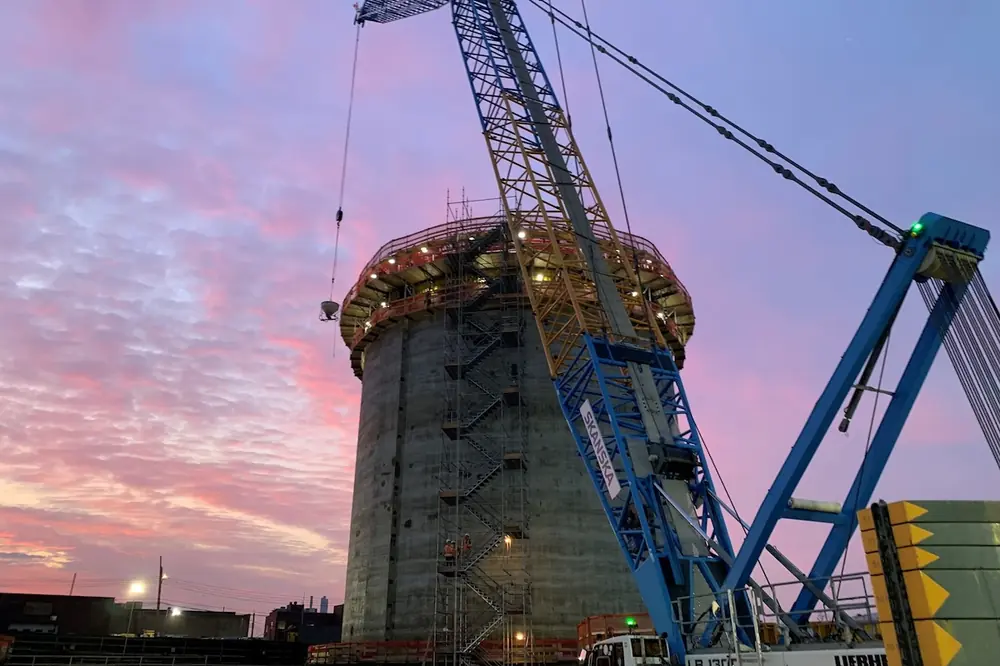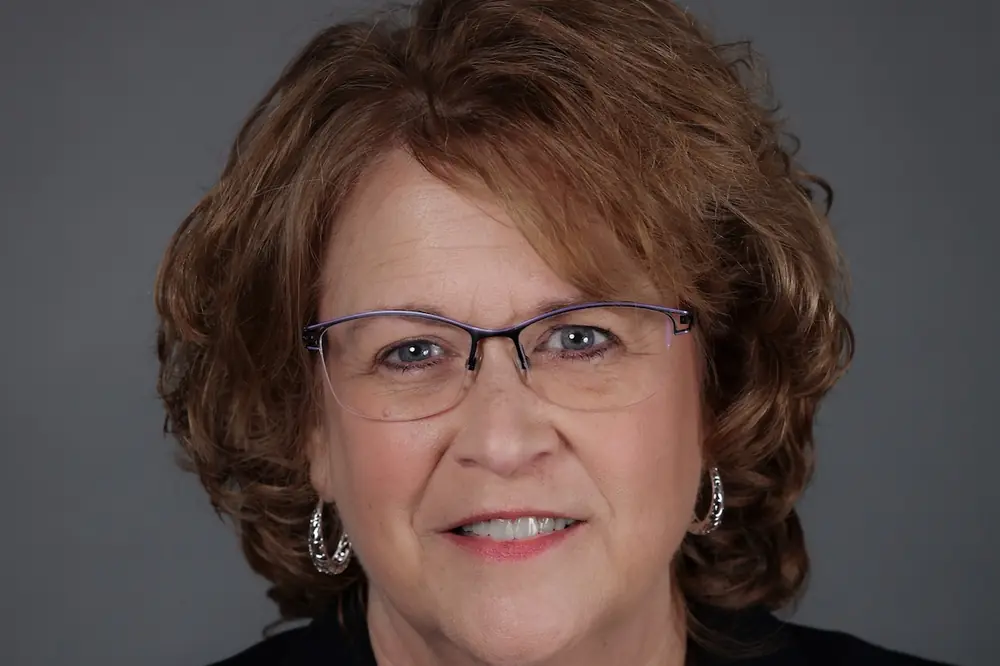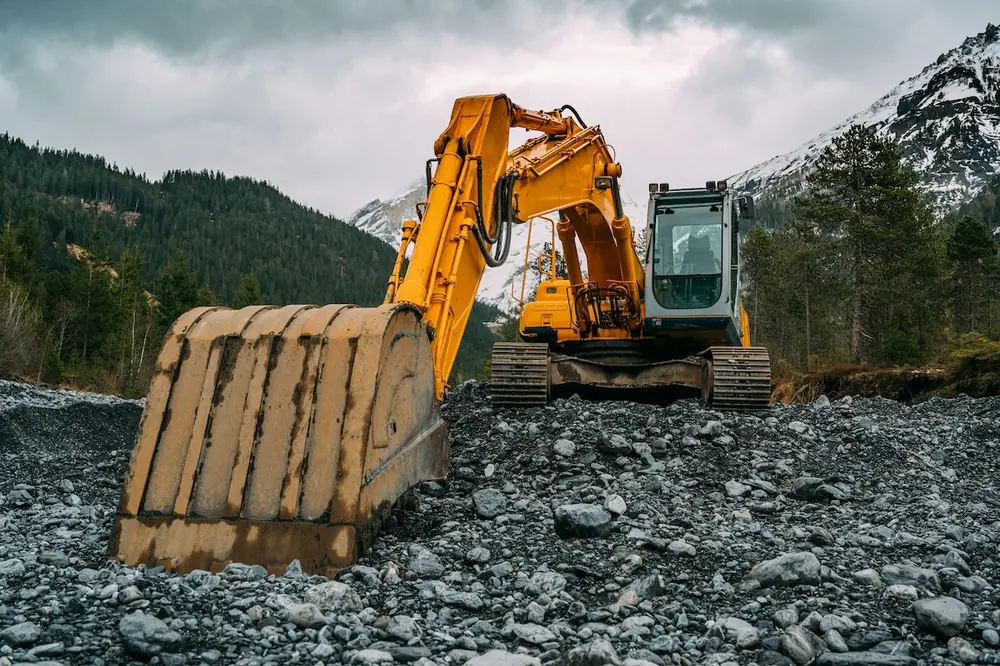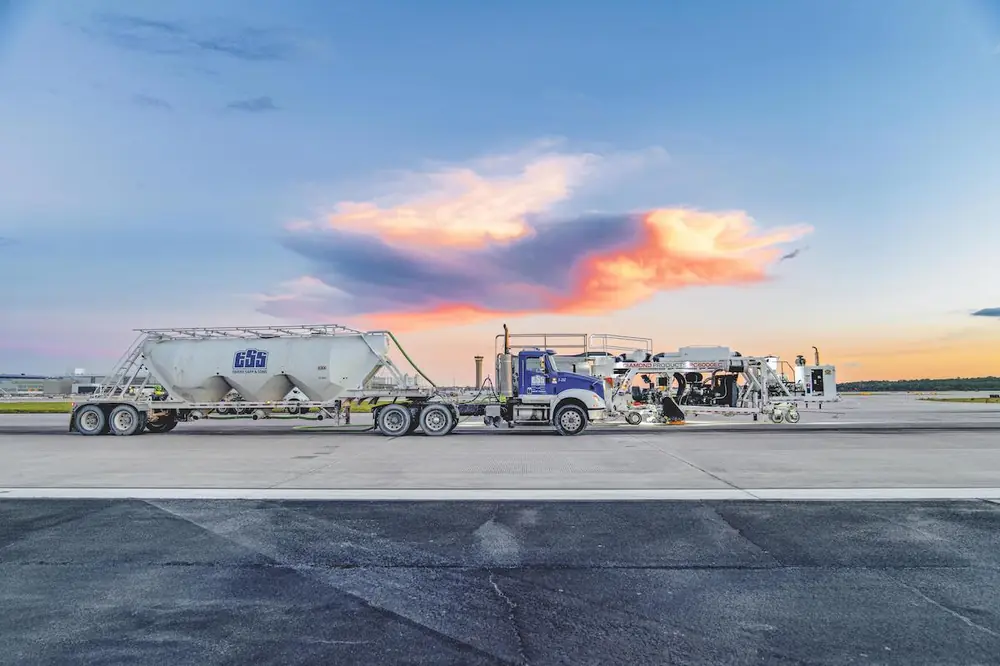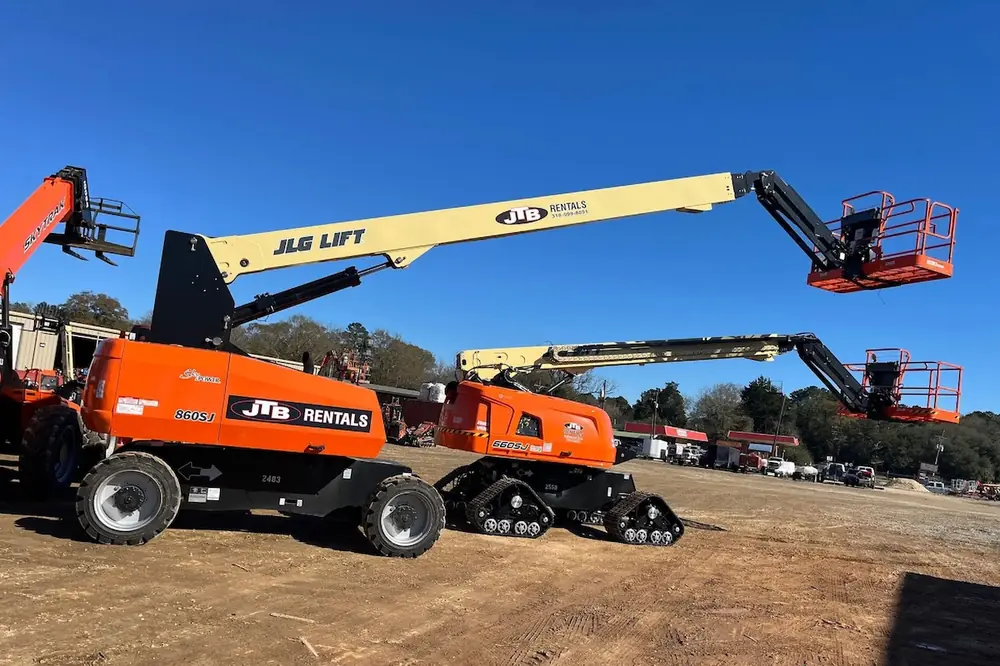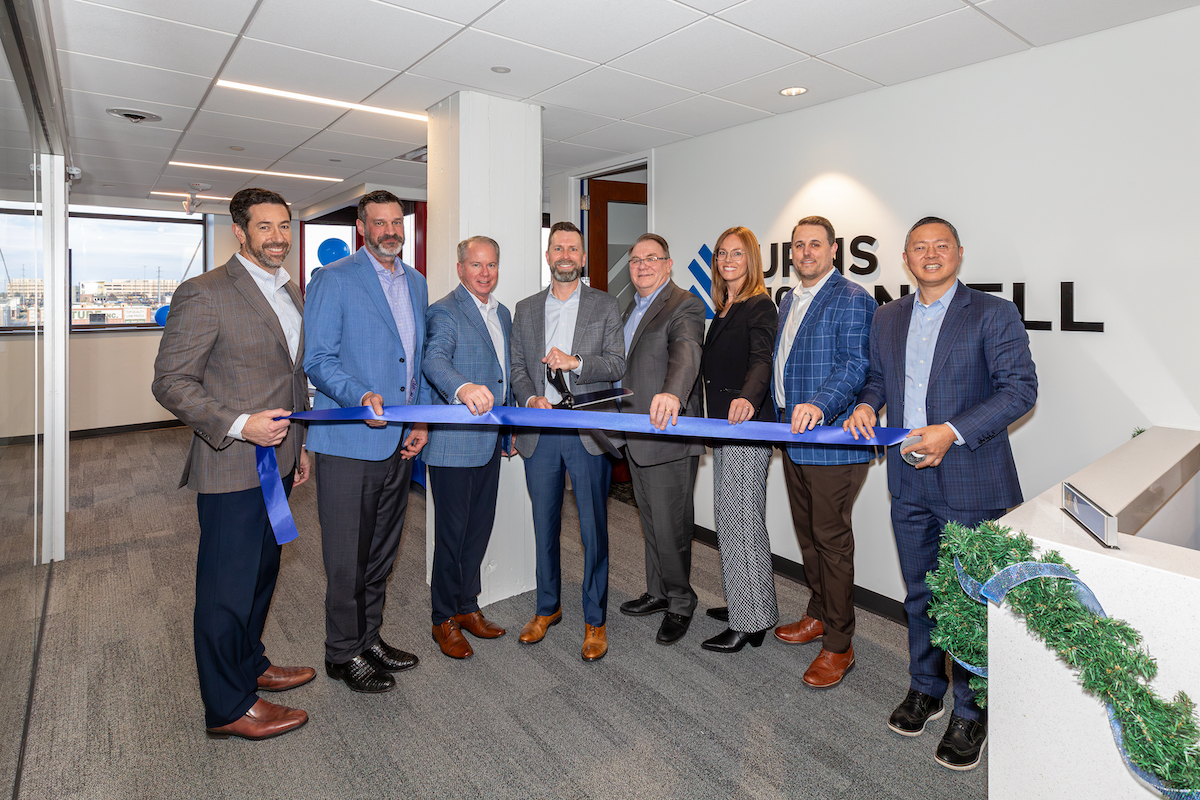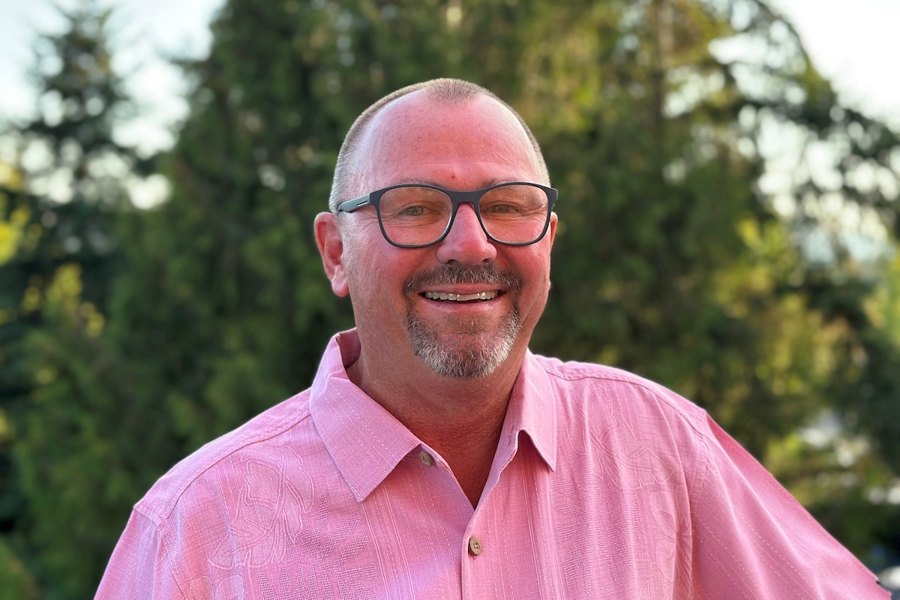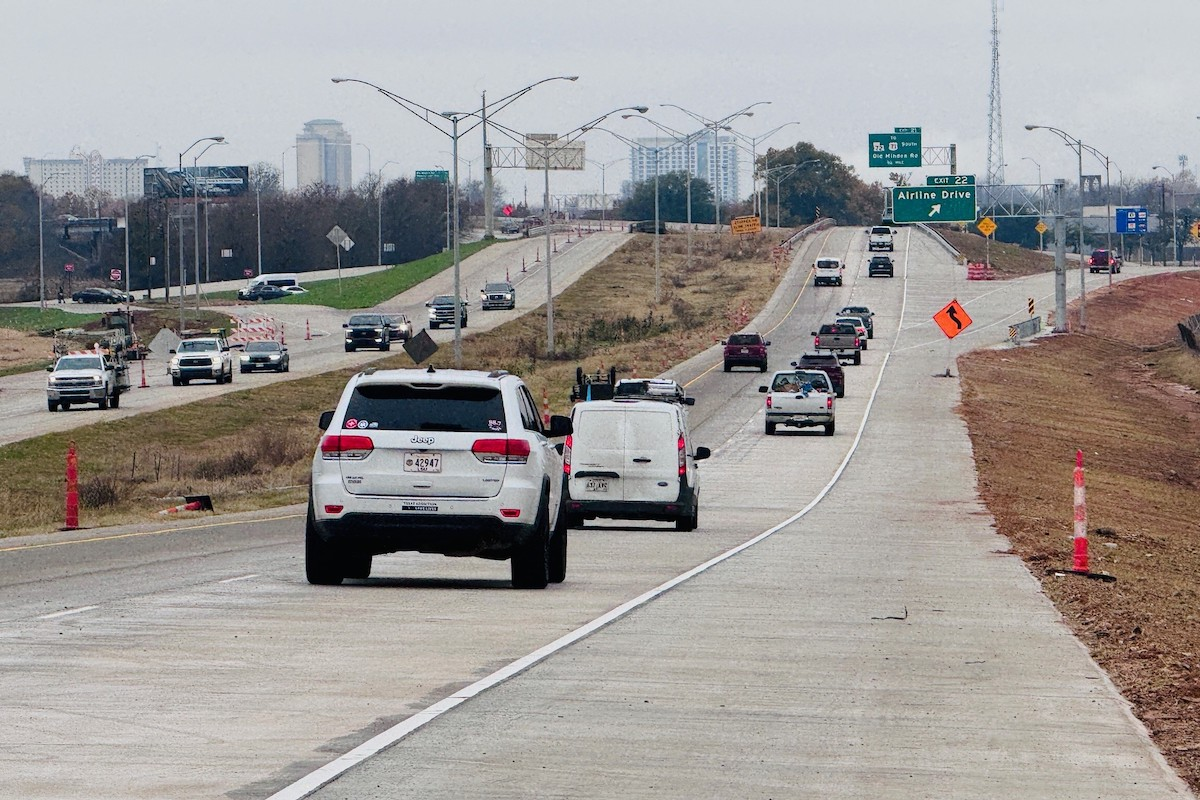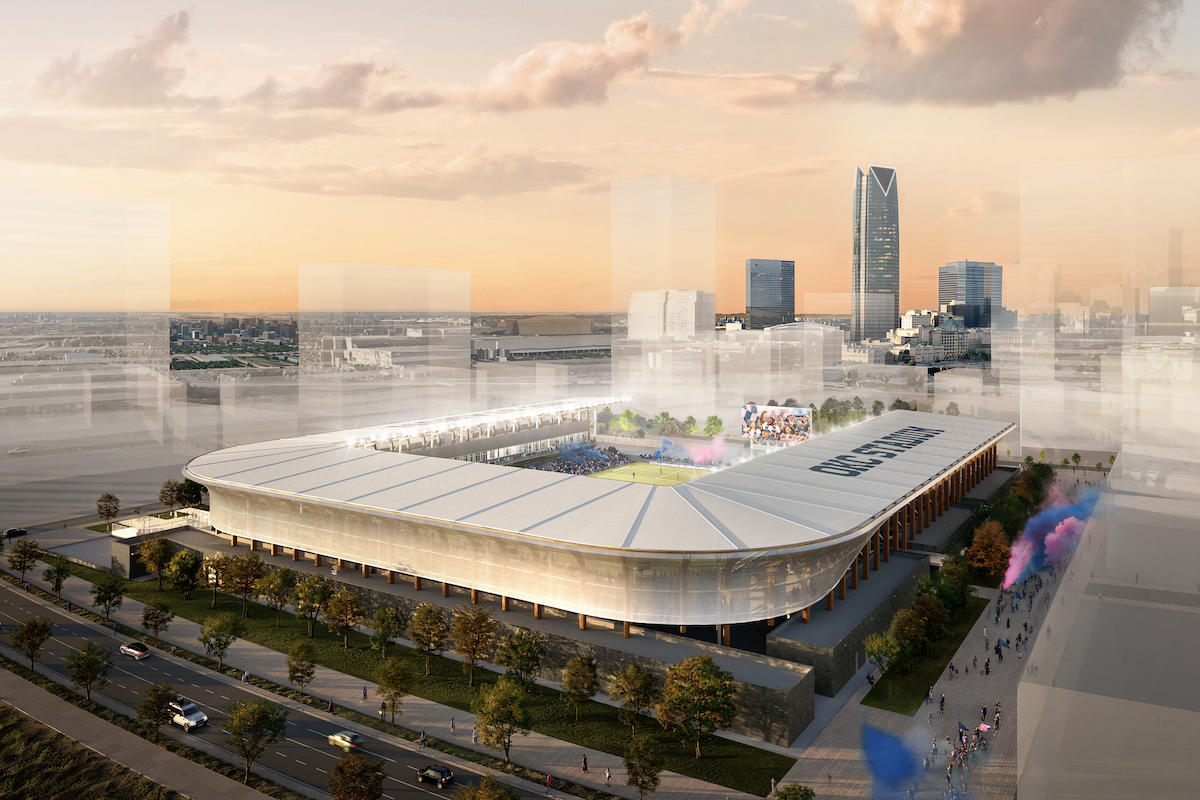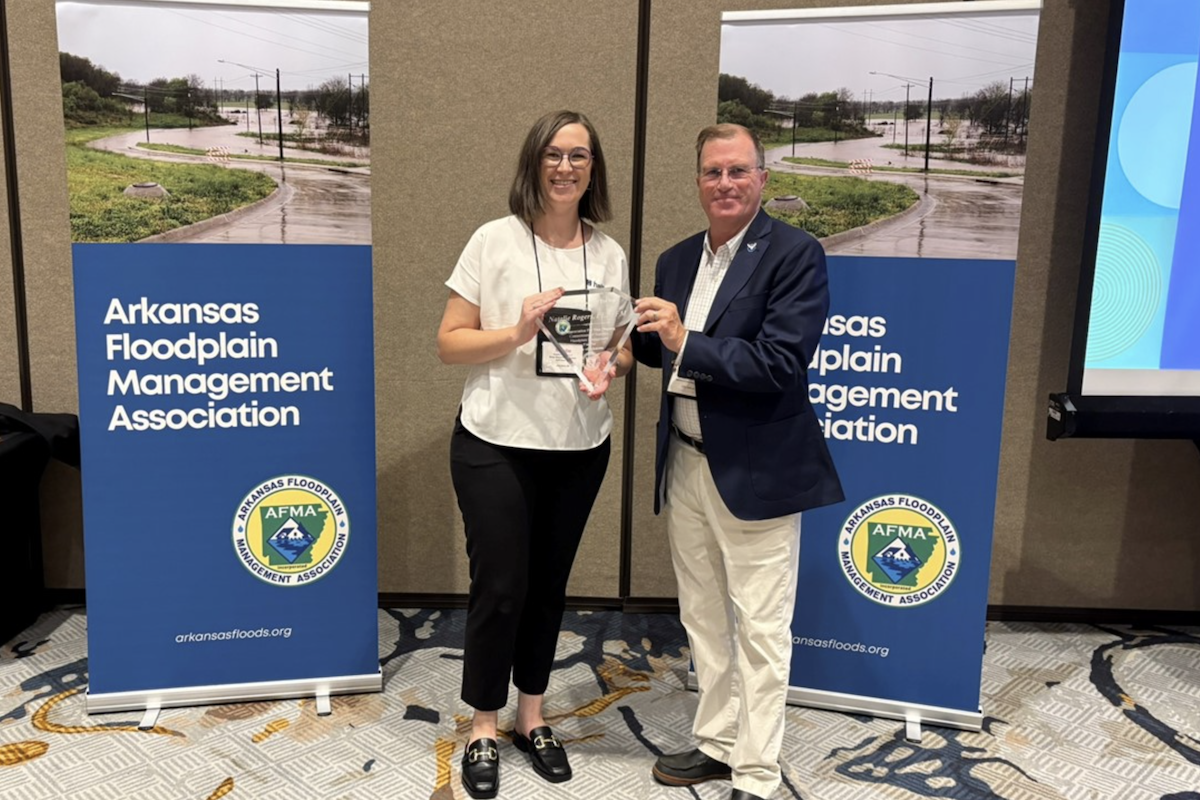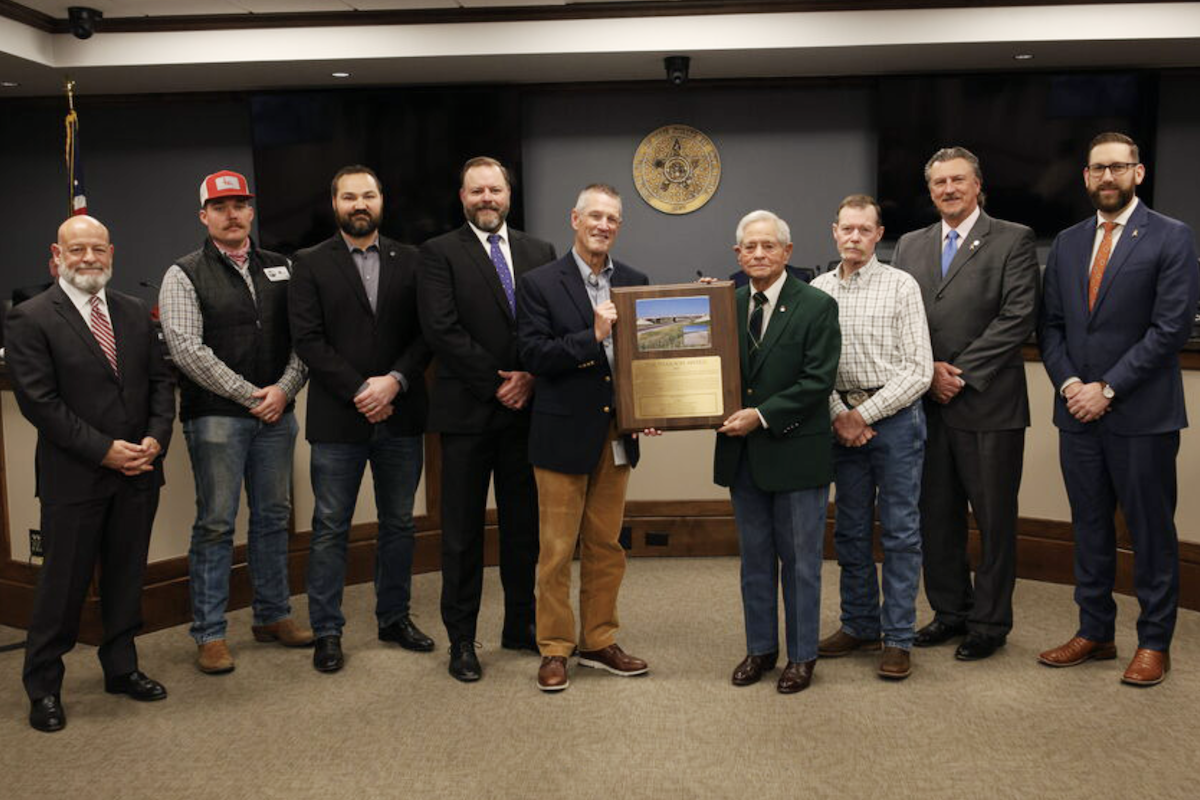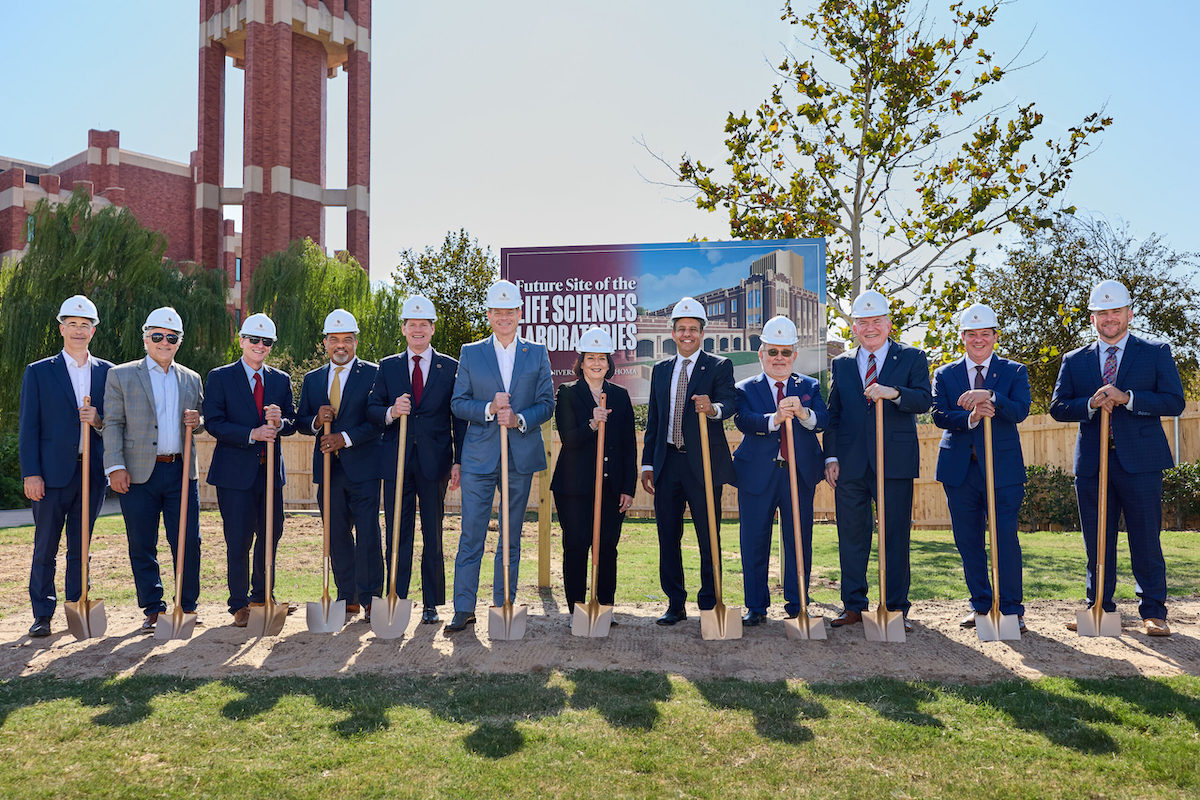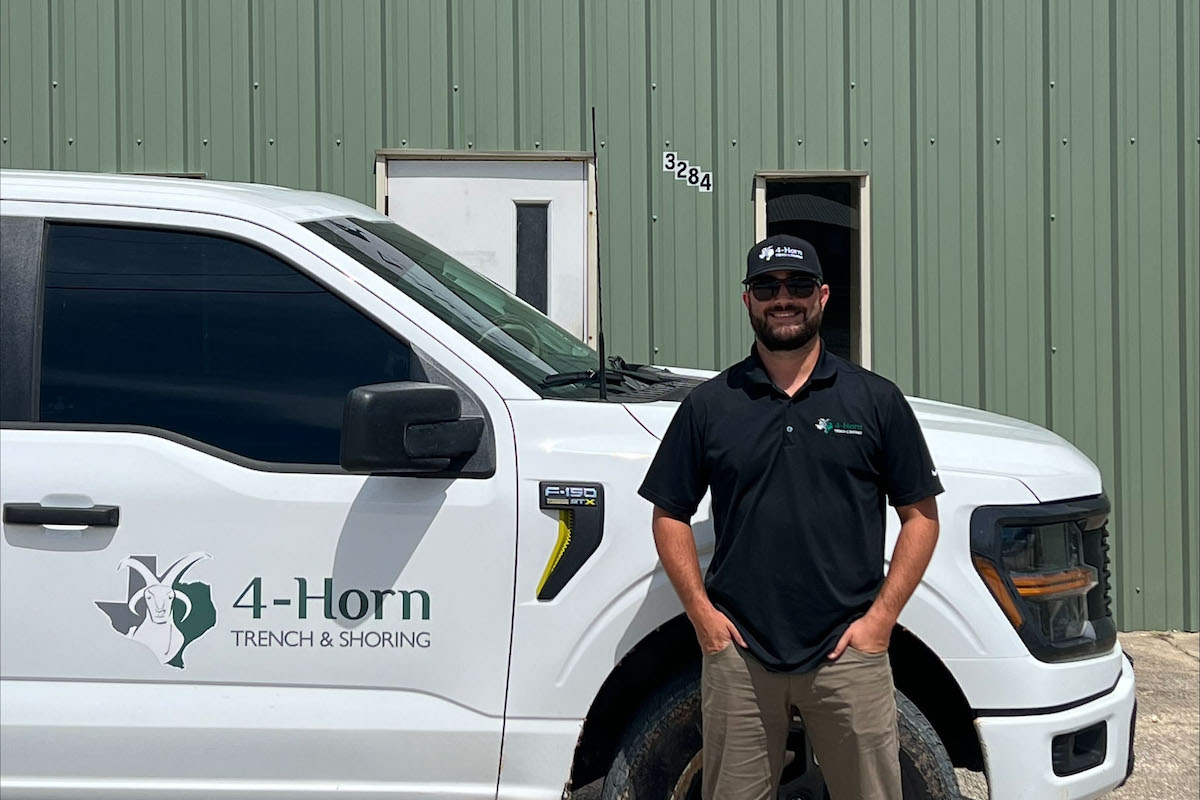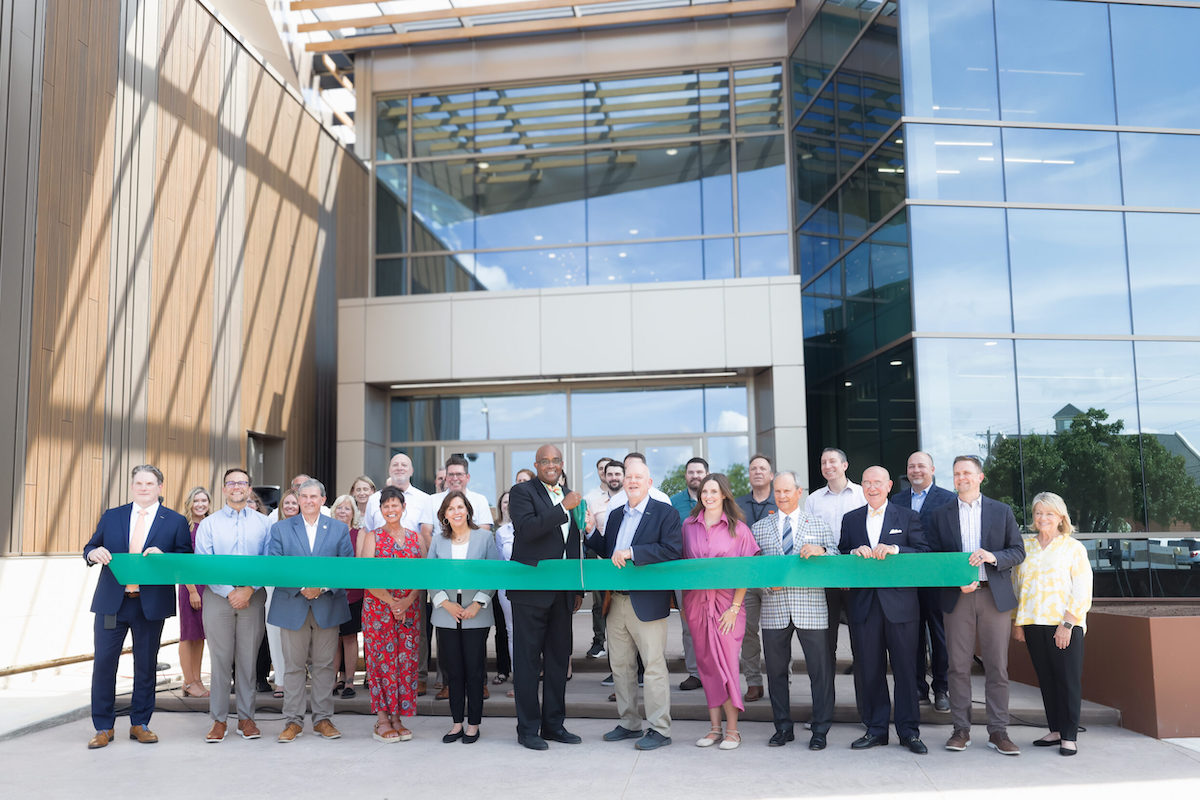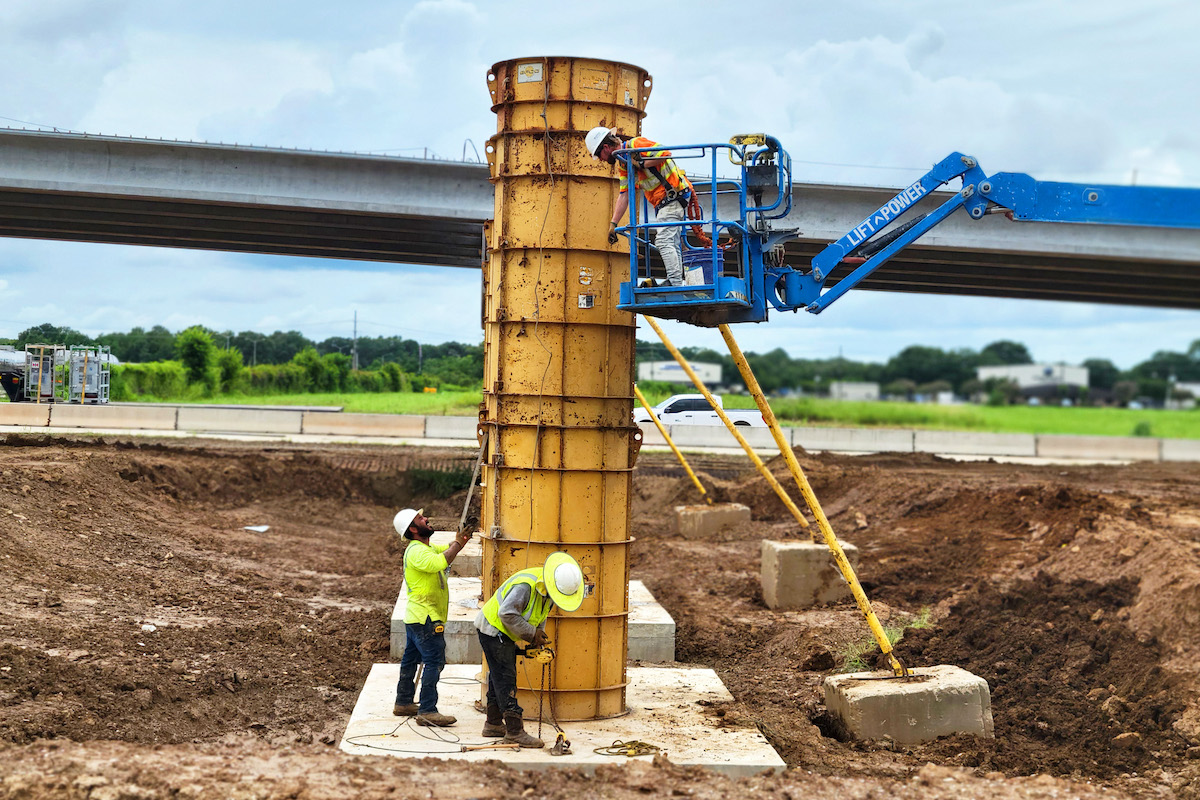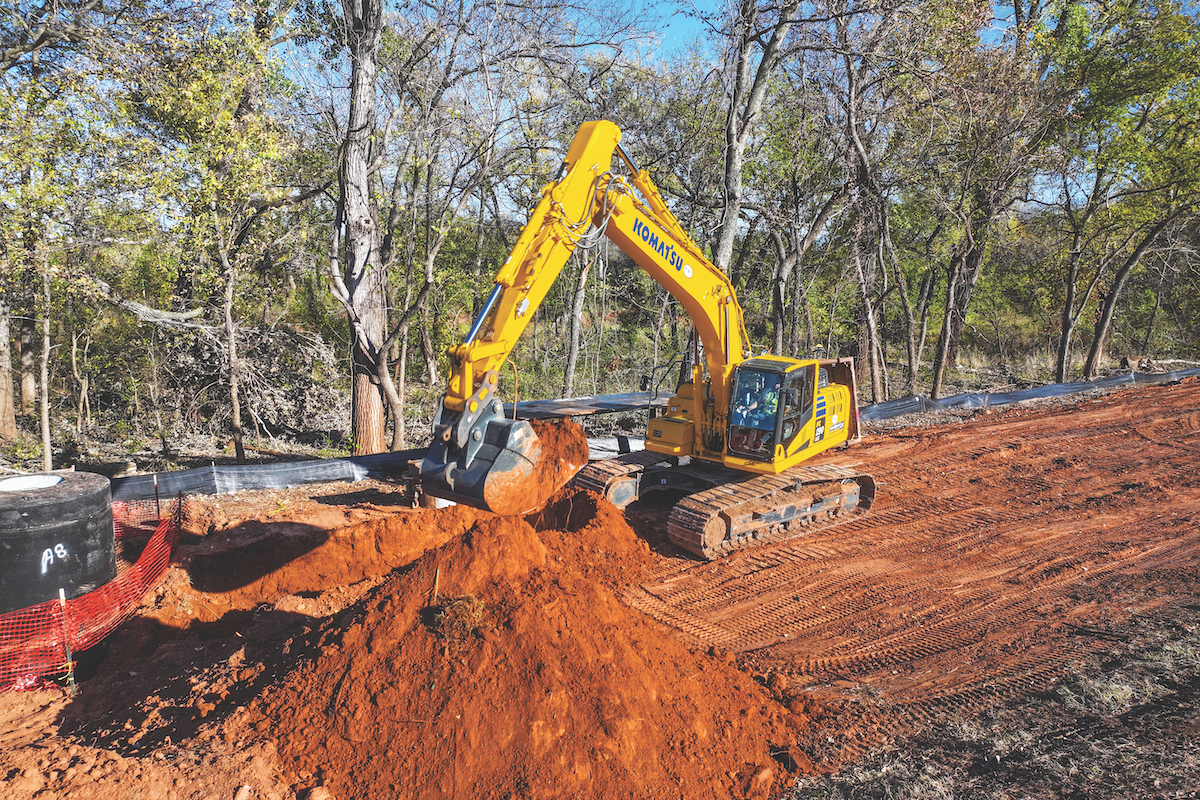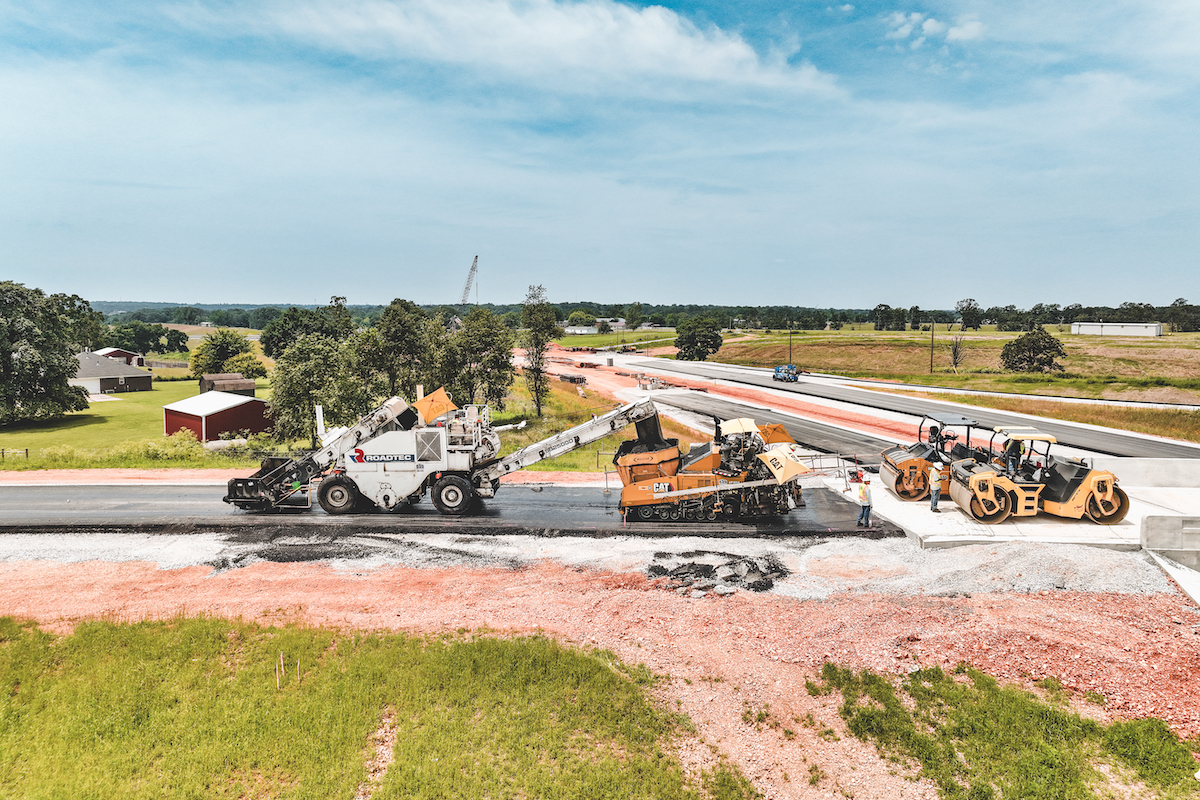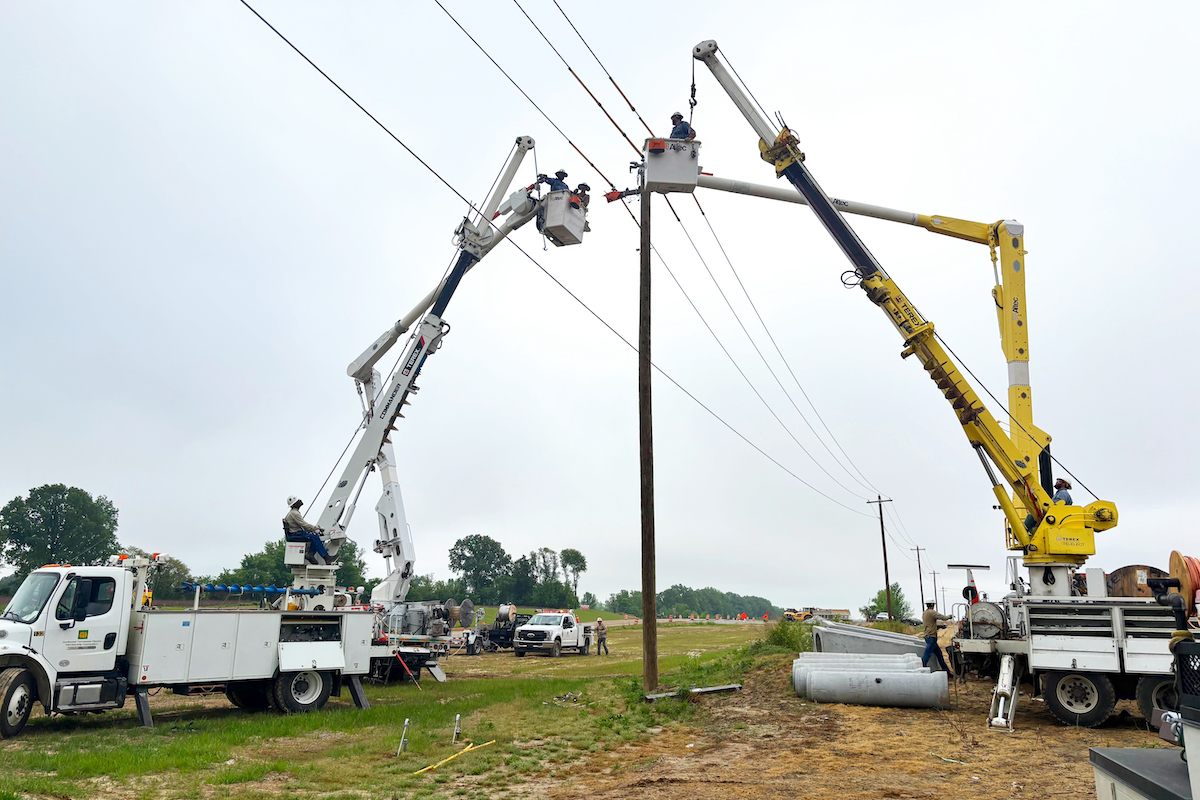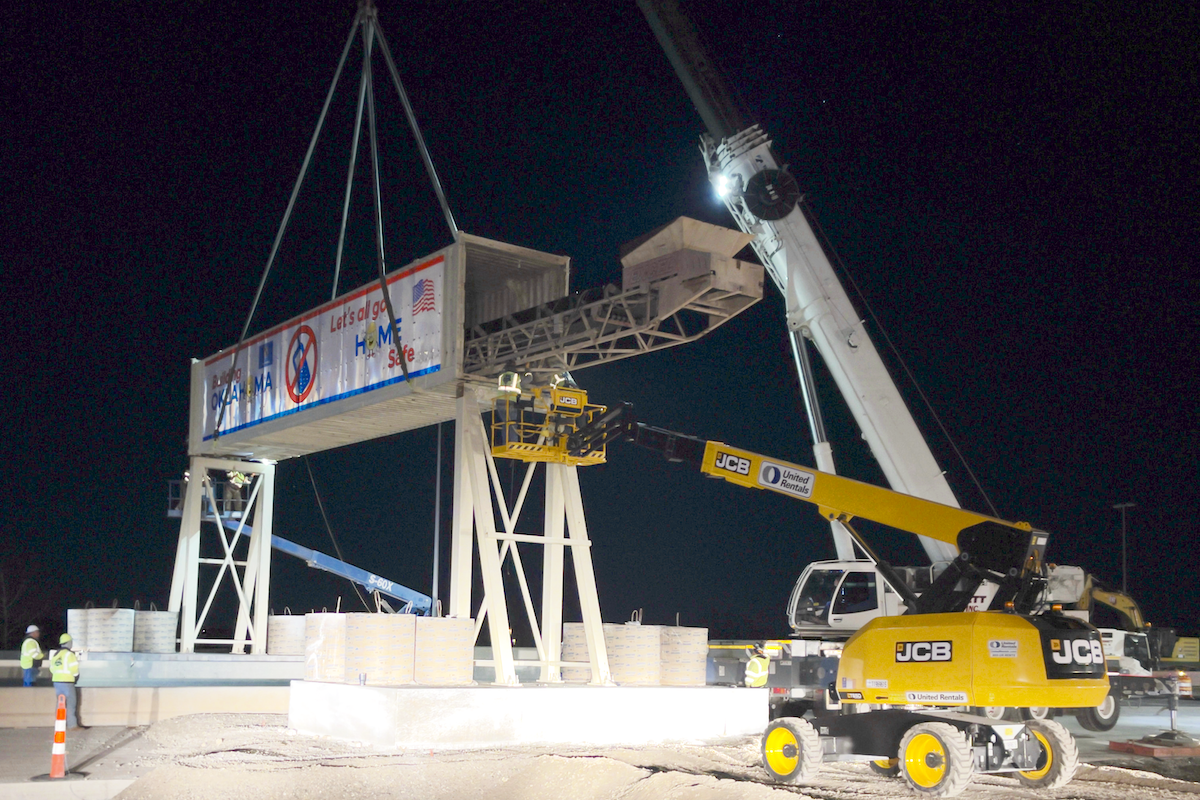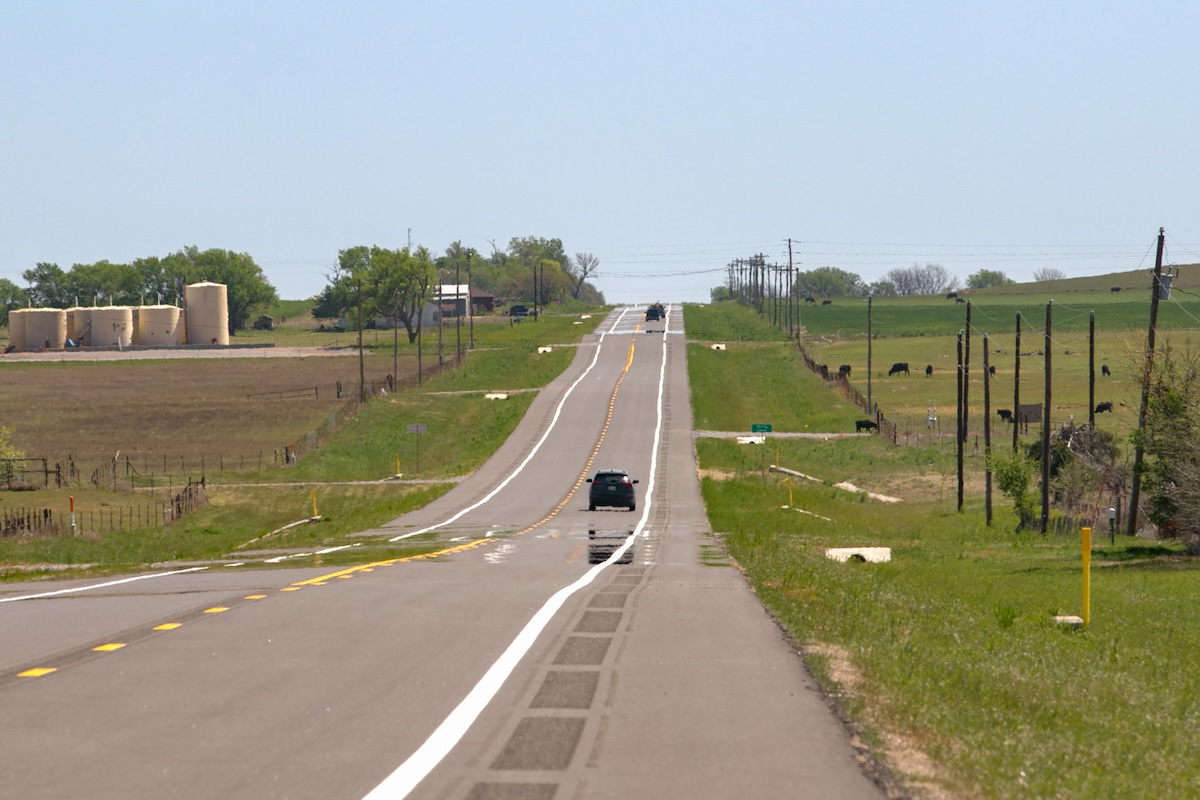A 2016 vote for a public safety sales tax raised the funds for the $21 million energy-efficient facility, which broke ground in December 2018 and opened in August 2020. Construction manager for the project was McCarthy Building Companies, Inc.; the architect was PGAV Architects in association with SmithGroup. The project consultant team also included Dr. David Fowler, Henderson Engineering, McClure Engineering, Walter P. Moore, and Confluence.
Features of the building include a light-filled glass public entrance that leads to secure areas for staff and lab work, two conference rooms, an observation area and a multi-purpose room. To ensure safety and privacy, the receiving area is located behind a secure fence and through a sally port, a fully-enclosed and secure space within the building.
Janice Phillips, FAC, Johnson County Construction Implementation Manager, states, “Johnson County’s new Medical Examiner facility provides county residents with an efficient, cost effective, and sustainable means of providing medicolegal autopsy services for a growing population. The facility’s architectural character and interior finishes are consistent with the other civic buildings on the Sunset Campus, including the adjacent Communications Center and Sheriff’s Office Criminalistics Laboratory, blending durable and functional materials with a professional and contemporary aesthetic.
“Among its features are a state-of-the-art morgue and autopsy facilities sized and equipped to meet the County’s current and future needs; an elevated autopsy observation deck for safe and unobtrusive viewing by law enforcement and community partners; and extensive forensic imaging capabilities including the latest Lodox X-Ray and CT Scan technology.”

| Your local Magni dealer |
|---|
| Kirby-Smith Machinery |
Phillips reports that the facility also includes:
- Analytical laboratories and lab support spaces for toxicology analysis and forensic anthropology
- Multi-purpose training and conference space, which is also designed for mass-fatality event logistical support
- Private consultation rooms for family and legal counsel to interface with medical examiner staff
Eric Dill, Project Manager with McCarthy Building Companies, Inc. in Kansas City, explains, “The use of 3-D virtual construction mockups allowed for the in-wall utilities and blocking to be installed in the preferred locations. Adjustments were made virtually, preventing any rework to be done after the room was finished and prior to any materials being ordered, avoiding schedule and cost impacts.”
Among examples of these adjustments:
- McCarthy was able to locate all owner-furnished wall mounted accessories correctly the first time and have backing where it was needed.
- At the stainless steel sink headwall, the scale was relocated to a better location prior to being fabricated.
- Pre-fabricated magnets on the headwall (for tool storage) were also relocated for better access.
- Shade controllers were located in an area that functioned the best, prior to the conduit being installed.
Dill adds that the virtual mockup also helped identify the need to replace the original hose reel that had been specified in the autopsy room to a self-retracting hose reel. As he points out, this would have been extremely expensive to retrofit after the hose reel was already mounted on the wall as the building neared completion.
He continues, “While physical mockups are commonly used to test and fine-tune the functionality of spaces prior to construction, they are not practical on budget-conscious projects or for unique spaces that are not replicated many times within the same facility. But virtual mockups enable construction teams to actively engage stakeholders in the design and construction process.
“Performing a virtual mockup eliminates the early procurement of materials, allows for changes to be made virtually without any material costs, and can be done without a physical mockup needing to be installed out of sequence from the rest of the project. Our use of virtual design and construction technology also resulted in significant time and cost savings for Johnson County by ensuring efficient coordination of all mechanical, electrical, and plumbing (MEP) systems to meet different requirements for the toxicology lab, autopsy lab, and morgue space.”
The 3-D modeling technology used on the project has a lifespan beyond construction. Dill notes that Johnson County will be able to access and use the 3-D model to help facilitate future maintenance and upgrades to maximize long-term value.
Building construction was substantially completed prior to the COVID-19 pandemic, but other challenges arose. A wet spring in 2019 caused weather delays, which McCarthy addressed with a new condensed schedule for the project. Medical gas systems, sensors, and alarms for toxicology each had different installation requirements and high-level safety precautions – including the five different medical gasses (helium, nitrogen, zero air, hydrogen, and compressed air) connecting to overhead service carriers and fume hoods.
Mechanical, electrical, and plumbing (MEP) coordination and installation was complicated by tight constraints in building design, says Dill. “The MEP systems were very technical and complex for a building of this size, and required high levels of exhaust with energy recovery units to operate efficiently and effectively.”
According to Dr. Diane C. Peterson, Johnson County Coroner and Chief Medical Examiner, “Prior to constructing this facility Johnson County contracted medicolegal services through a private service provider (in Kansas City), so none of these features were previously available. The delay in reports and death certificates that were coming out of the private practice facility were part of the problem. And, the district attorney’s office, law enforcement and the previous coroner had concerns about the facility itself and the evidence preservation within the facility.

| Your local Case Construction Equipment Inc dealer |
|---|
| ASCO Equipment |
| ASCO Equipment |
“The prior facility had a delay in issuance of final autopsy reports for up to nine months after the death. Frequently, the death certificate is reliant entirely on the findings listed in the autopsy report. This delay in reporting also hinders the families’ ability to collect life insurance and proceed with other end-of-life legal and financial matters.”
As Peterson explains, NAME accreditation requires 90 percent of autopsy and toxicology reports be completed within 60 days and 90 percent of reports be completed in 90 days. Since the autopsy report relies on the toxicology results, if the toxicology testing takes all or most of the 60 days, then the autopsy report will not be completed on time. To maintain accreditation, the toxicology needs to be completed in a timely manner.
“Having the toxicology equipment will significantly cut down the waiting time between the autopsy and the signing off on a death certificate,” Peterson states. “The CT scanner allows for examination of soft tissue and bone in ways not possible during a normal autopsy procedure. Additionally, the CT scanner is used in cases that may not need a full autopsy. The Lodox provides a full-body x-ray rapidly. With traditional x-rays, it takes about 30 minutes to take all of the individual radiographs to cover the entire body. However, the Lodox is able to scan the entire body in less than 90 seconds.
“By providing these services in-house, the County now has complete control over the speed and quality with which autopsies are performed, and can ensure that all aspects of the operation are conducted in a manner that respects the sanctity of life. The facility and its staff have already improved the quality, accuracy, timeliness, and thoroughness of death investigations in Johnson County. This will only continue with additional education of others and enhancement of the in-house toxicology capabilities.”





